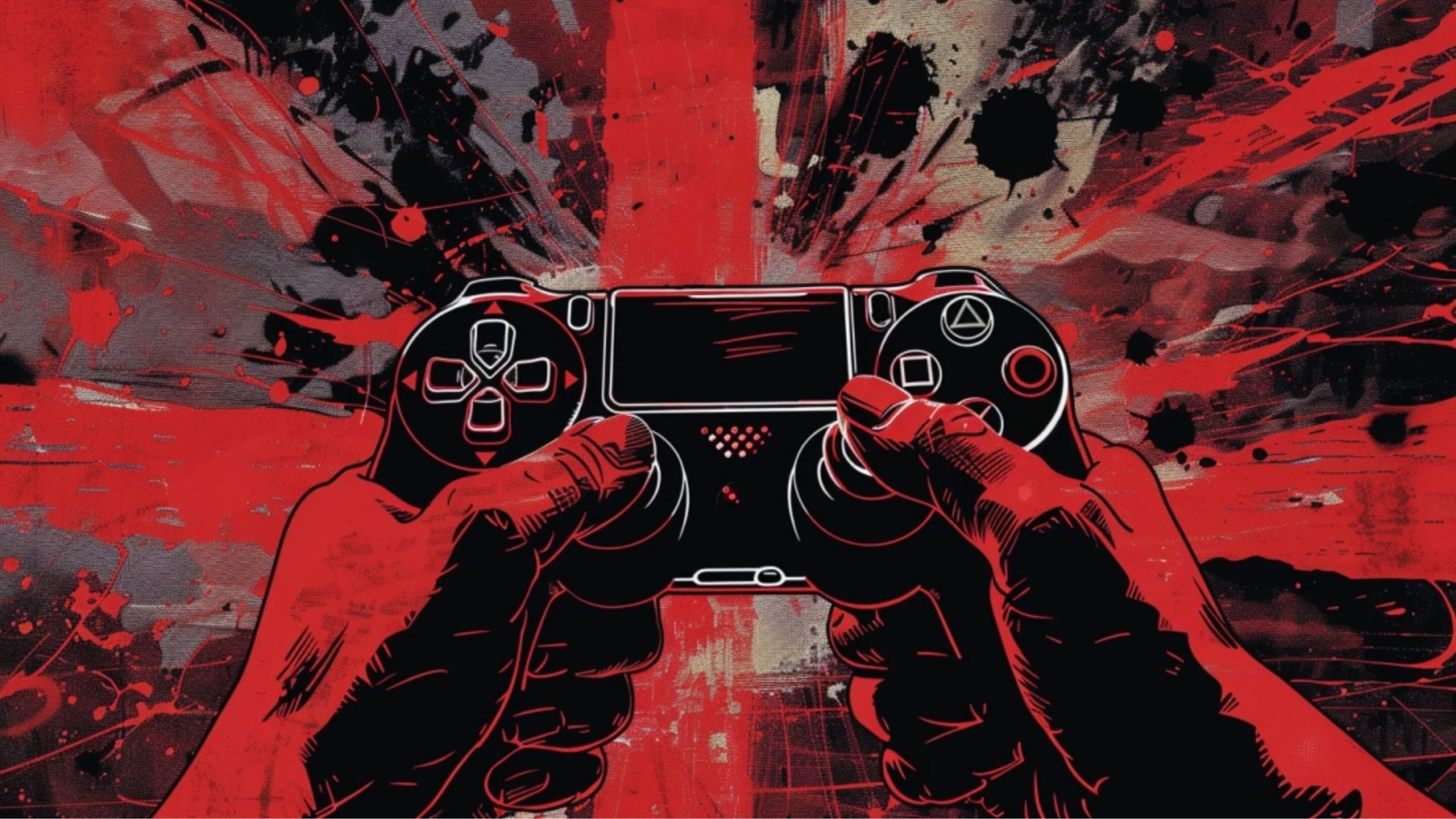Not even most of those people lucky enough to have grown up along with the gaming industry (and associated software and hardware breakthroughs) often wonder, what happens to video game classics when they get – “put out to pasture?”
More importantly, how does that happen, why, who decides – and can anything be done to keep these “orphaned” (i.e., no longer actively developed, supported, and eventually, sold) pieces of software still around?
The Pirate Party, which is miraculously enough represented in the European Parliament (EP) from several member countries, is asking exactly that question.
Lately, the EP “Pirates” has been prominently involving itself in broader issues of internet privacy and security.
But with the latest initiative to get the EU Commission (of all things…) to provide “an opinion about the legality under EU consumer protection law” regarding Ubisoft deciding to “kill” the “The Crew 1” game as of this April – this political grouping seems to be revisiting its roots.
The gaming community is rallying against the increasing trend of publishers rendering video games unplayable by shutting down their servers, a practice exemplified by the recent closure of Ubisoft’s decade-old racing game.
In the end, it comes down to proprietary vs. open-source software. There would never be the need for the Pirate Parties, or the “Stop Killing Games” to bring up these issues if the code was open.
After all, the free and open source status is what allows for the longevity of the most important single piece of software that is the backbone of the entire global internet – the Linux kernel.
But back to “strictly gaming” – and German MEP Patrick Breyer writes, “the shutdown of ‘The Crew 1′ by Ubisoft is an alarming example of how gamers’ interests are being ignored. It is unacceptable and probably also illegal for companies to first sell popular games at a profit and then kill them at short notice.”
The video gaming industry has for some years now been bigger, in terms of revenue, than the film industry. Other than what this means to those collecting that revenue – there is also the cultural impact of an entertainment and art form that reaches so many people around the globe.
Technically, it’s comparing apples and oranges – but essentially, it isn’t. So how would you feel if “Citizen Kane” – or “Blade Runner” – suddenly disappeared off the face of the Earth?
Speaking of the latter – it took decades for the movie to gain its rightful status as a classic.
But what if it never had that time?
This is another issue that “killing off” games brings up.
And so, Breyer writes – “Pirates demand a legal framework that prevents orphaned software from simply disappearing. The community should have the opportunity to take orphaned software over and develop it further. This policy also promotes sustainability, for example by allowing control routines for hardware to be maintained and updated, which increases the service life of the devices.”



If businesses were required to release the full source code for any piece of software that becomes defunct as a result of, for example, shutting down the servers it connects to, imagine how quickly they’d push an update that allows it to work offline.
Maybe as a requirement to put a game on the market, the source needs to be in escrow for authorities to release.